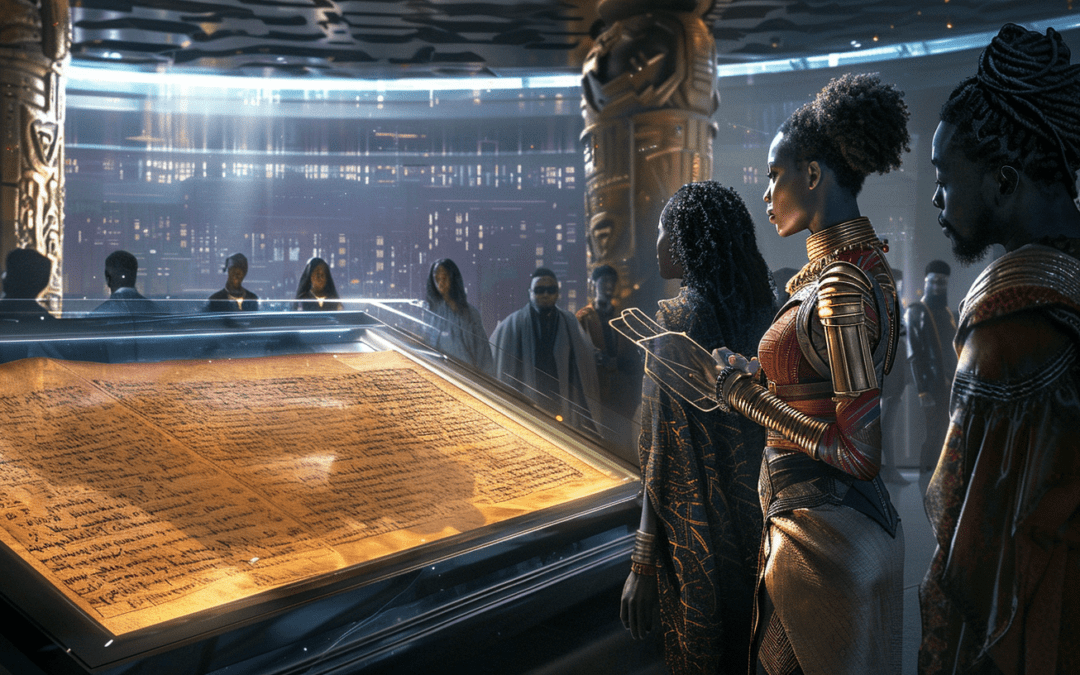The Willie Lynch letter, though controversial and widely regarded as a hoax, isn’t our focus as a historical document. Instead, it remains a tool to comprehend and address the lingering wounds in our community. Many Endoginous Americans are familiar with its writings, and by engaging with these texts, we can communicate more effectively and address the deep-seated issues the letter describes. Now let’s get into it.
The Willie Lynch Letter, attributed to a British slave-owner who supposedly gave a speech on December 25, 1712, along the banks of the James River in Virginia, discusses methods for controlling enslaved people through division and manipulation. Invited from the West Indies, Lynch claimed to possess foolproof techniques that exploited differences among the enslaved—age, skin color, intelligence, and origin—to instill fear, distrust, and envy. The result was a system of control so deep-rooted it would be self-perpetuating.
Lynch’s plan centered on sowing discord among the enslaved. He proposed contrasting dark-skinned slaves with light-skinned, old with young, females with males. His method leveraged the strength of envy over admiration and distrust over trust, creating a climate where solidarity was impossible.
He likened the breaking of enslaved people to breaking horses, a brutal process aimed at extinguishing independence and self-preservation instincts. Lynch focused on breaking the spirit of both male and female slaves, with long-term psychological conditioning designed to maintain control over generations. Female slaves were manipulated to depend on their own resilience, while male slaves were isolated and emasculated.
Key principles included:
1. Breaking down both slave and horse, fostering dependency.
2. Targeting females and their children, instilling submission.
3. Isolating males, creating a dependency on the female presence, reshaping dynamics into one where women acted as guardians while men remained powerless.
Lynch claimed this method would sustain itself through generations unless disrupted. The cycles of oppression would ingrained themselves deeply, molding the offspring into acceptance. Males would grow dependent, females overly protective of their children.
He further argued that manipulating language would sever enslaved individuals from their cultural heritage. By doing so, slaveholders could limit understanding and stifle rebellion.
The Willie Lynch letter, though controversial and widely regarded as a hoax, isn’t our focus as a historical document. Instead, it remains a tool to comprehend and address the lingering wounds in our community. Many Endoginous Americans are familiar with its writings, and by engaging with these texts, we can communicate more effectively and address the deep-seated issues the letter describes.
In contrast to Lynch’s methodical destruction, the Newbeings 1619.us platform aims to heal these transgenerational enslavement traumas. Harnessing ancient wisdom, fresh thought, advanced psychological, and sociological methods, along with AI and emerging technologies, we strive to replace this legacy of division with a higher consciousness—fostering resilience and empowerment within our communities. We disrupt lingering ills, and build anew.
Amen. Ameen. Ashe’. Aho. And it is. And so it shall remain, forever and ever and ever.

